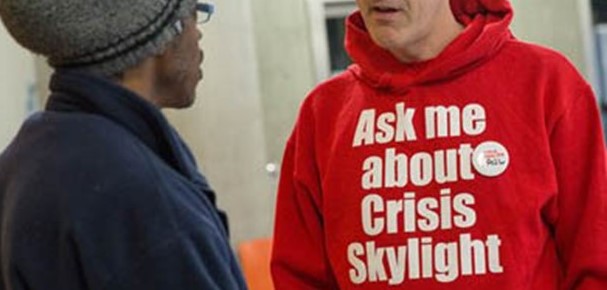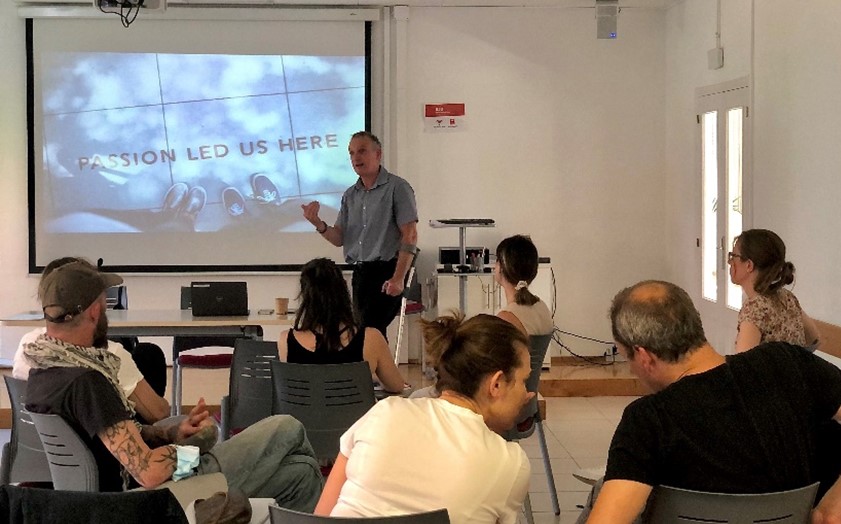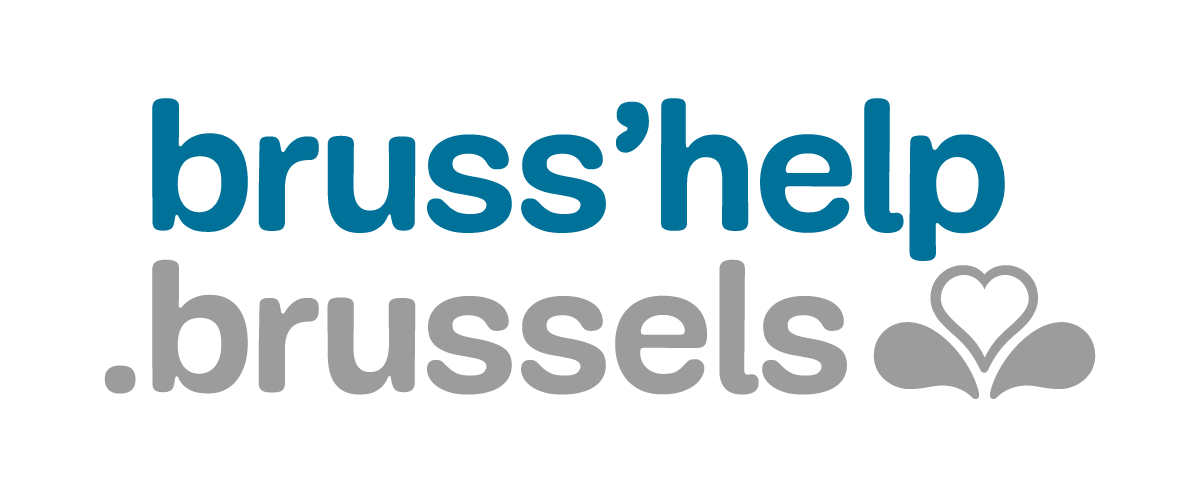In the UK, a holistic approach based on case management to end homelessness. Focus on the Crisis Skylight project.
Faced with a growing homelessness crisis in the UK in the 1960s, the charity Crisis was established in 1967 to provide new solutions. Since then, it has gained national recognition and helped tens of thousands of people out of homelessness.
In the early 2000s, Crisis developed the Skylight project and opened the doors of its first education and training centre in London. This innovative model provides activities and support for homeless and poorly housed people who often cannot stay in homeless hostels during the day.

The Skylight model has now been extended to 11 centres across England, Scotland and Wales. These centres support around 10,000 homeless and vulnerable people each year to find safe accommodation, learn new skills and receive advice on welfare and safety.
A unique holistic model of support
The exponential growth of the Skylight model is no coincidence: this project, built on a case management methodology, offers a unique support service involving all the actors.
Crisis developed its Skylight formula based on a SCIE study (Social Care Institute for Excellence, Rapid Evidence Assessment). This study recommends an approach centred on the individual, his.her strengths and needs, and suggests applying intensive case management.
The Case Management methodology applied by Crisis therefore consists of managing and centralising the beneficiary's journey: all actions undertaken by the organisation and its partners are documented.
The benefits of this documentation process are multiple. First, it helps to protect vulnerabilities by ensuring consistency and continuity of support to the person. It also helps to monitor the progress of beneficiaries. In addition, this method has many advantages in terms of internal management. It allows an efficient coordination, but also a visibility of the coherence of the work done or a more targeted questioning when necessary.
To conduct the coaching process in an optimal way, a coach is appointed to act as the main point of contact. S.he plays a key role in developing the action plan, coordinating the process and evaluating progress. This main coach has visibility at all times on the progress of the people s.he is following, thanks to the documentation and centralisation of data between the different stakeholders. To this end, a unique digital work and evaluation tool has been developed.
The conception of a tailor-made solution
NotAllowedScript697bcfd4c9f70MAPS (Member Achievement Progression System) is a platform created specifically to support the work of coaches. It provides structure to the work of the facilitators by indicating the essential tasks and the assessments to be carried out, and gives an overview of the case by highlighting progress made and difficulties encountered. It is also an essential tool for communicating between staff and coordinating their work.
When a new beneficiary comes to a Skylight centre, s.he fills in an initial contact form on the platform in order to launch the safety and inclusion plan. The plan is tailored to the person's situation and needs. After this initial contact, a lead coach is quickly assigned to accompany the beneficiary. Each step and contact will then be documented by all the workers involved in order to follow its evolution and to accurately trace his.her path.
Regular evaluations are organised in order to review progress and adapt the action plan if necessary.
Finally, the NotAllowedScript697bcfd4c9f70MAPS tool has been designed with a user-friendly and intuitive interface to be accessible to all and to encourage the beneficiary and the workers to use it assiduously.
An inspiration for the Rights First project
Crisis is a partner in the Rights First project and has already delivered several training modules to our Brussels team. Their project is a source of inspiration and reflection in the elaboration of our monitoring tool, which is currently in development.
 |
The Rights First project, coordinated by Bruss'help and in partnership with DIOGENES, Hobo, l’Ilot, the New SamuSocial, the CPAS actors and San Joan de Déu, also adopts a holistic approach in supporting a sample of 375 people. To measure its effectiveness, one of the challenges is to create a monitoring and evaluation system that is both suitable to all actors and conducive to a comprehensive observation of the progress made. We are therefore very grateful to Crisis for its learning and inspiration to develop a key tool for the Rights First project. |
All information disclosed reflects the opinion of the author only. The European Commission is not responsible for any use that may be made of the information.
![]()




